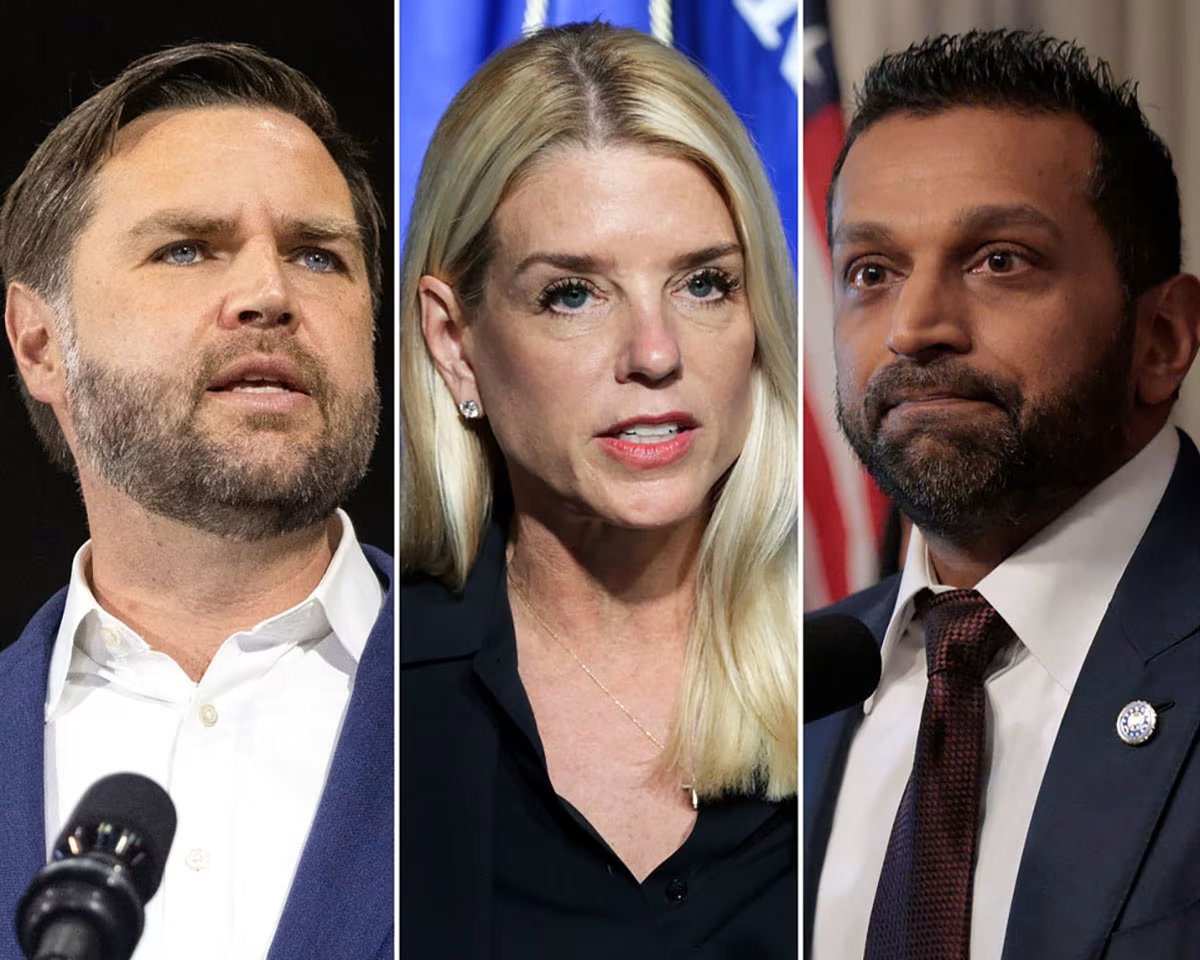Entities mentioned:
- Paul Ingrassia: Ambition, Power, Influence
- Trump Administration: Control, Loyalty, Self-preservation
- Zionist Organization of America: Wariness, Obligation, Righteousness
- US Holocaust Memorial Council: Professional pride, Duty, Unity
- Israeli Defense and Security Forum: Security, Professional pride, Wariness
- Israel Heritage Foundation: Loyalty, Righteousness, Obligation
- Nick Fuentes: Influence, Recognition, Power
Article Assessment:
Credibility Score: 75/100
Bias Rating: 45/100 (Center)
Sentiment Score: 35/100
Authoritarianism Risk: 55/100 (Mixed/Neutral)
Bias Analysis:
The article presents multiple perspectives and extensively fact-checks claims, indicating a balanced approach. However, the focus on disproving the administration's claims could be seen as slightly critical of the Trump administration.
Key metric: Government Integrity and Accountability
As a social scientist, I analyze that this article highlights significant concerns regarding the Trump administration's nomination process and the integrity of their statements. The administration's claim of support from 'many Jewish groups' for Paul Ingrassia's nomination to lead the Office of Special Counsel appears to be largely unfounded. This discrepancy raises questions about the administration's vetting process and transparency. The controversy surrounding Ingrassia's past statements and associations, particularly with a known Holocaust denier, further complicates the situation. This case study demonstrates the challenges in maintaining government integrity and the potential risks of appointing individuals with questionable backgrounds to key oversight positions. The conflicting responses from various Jewish organizations also reveal the complex dynamics of political endorsements and the potential for misrepresentation in official communications.











